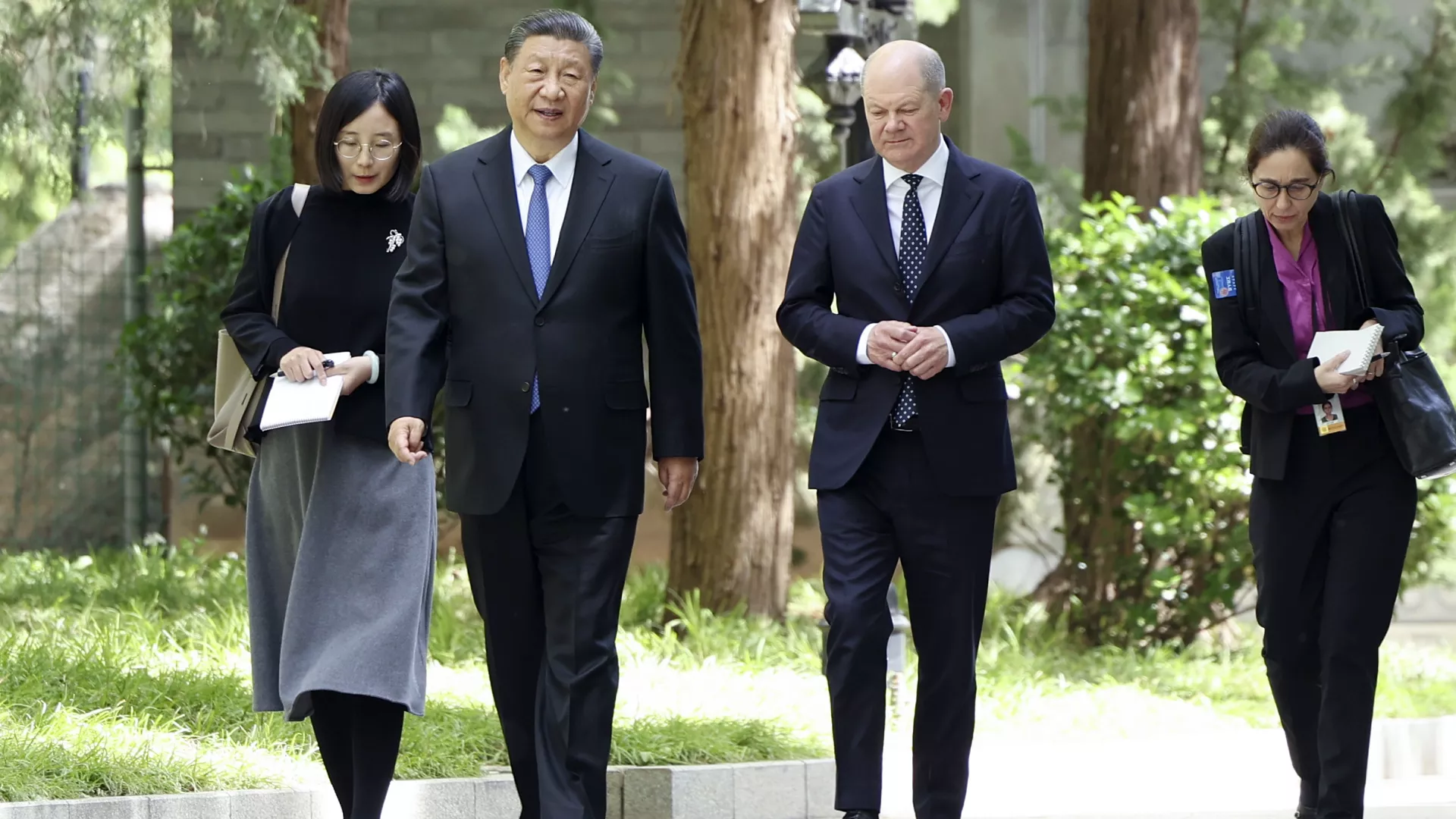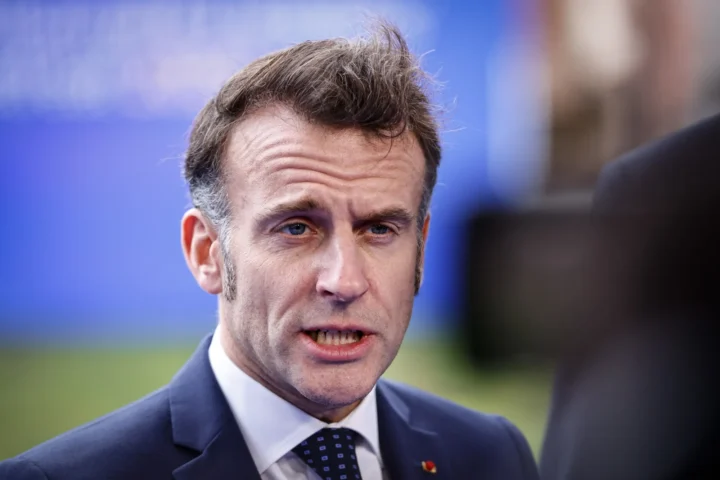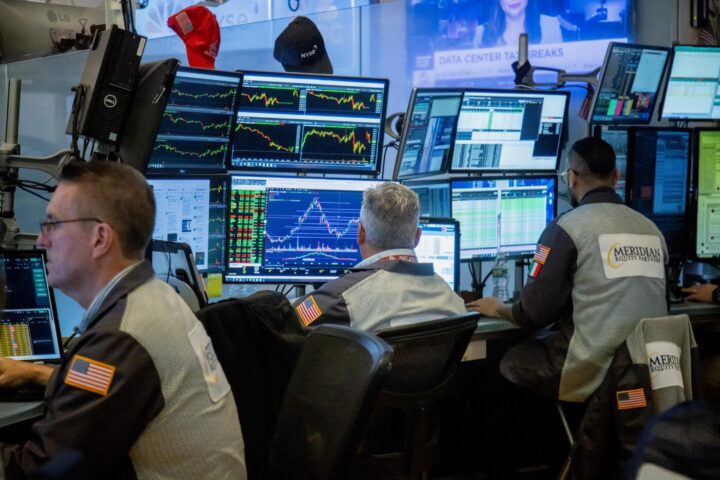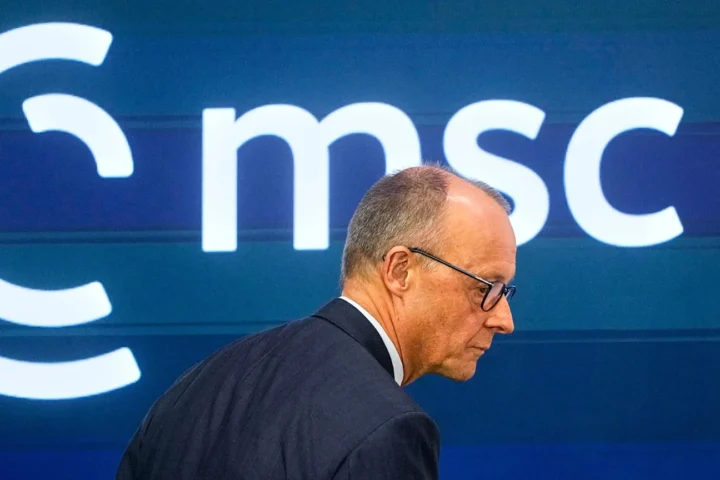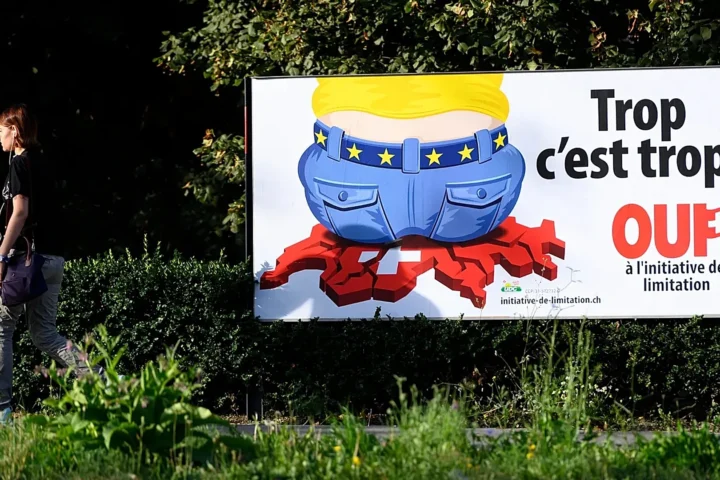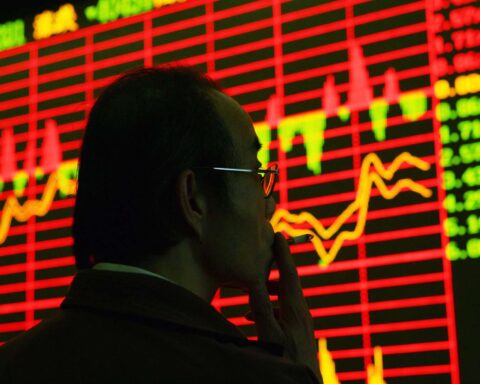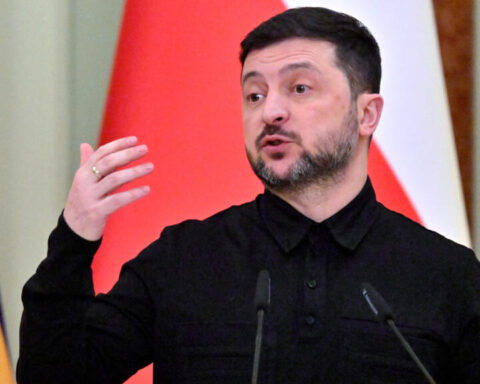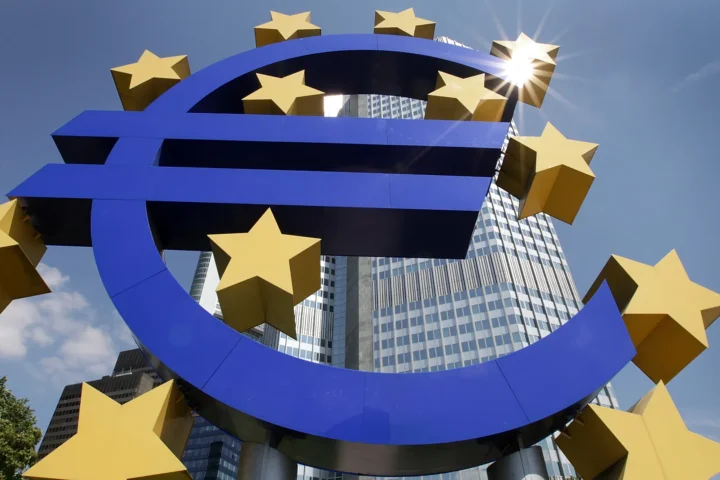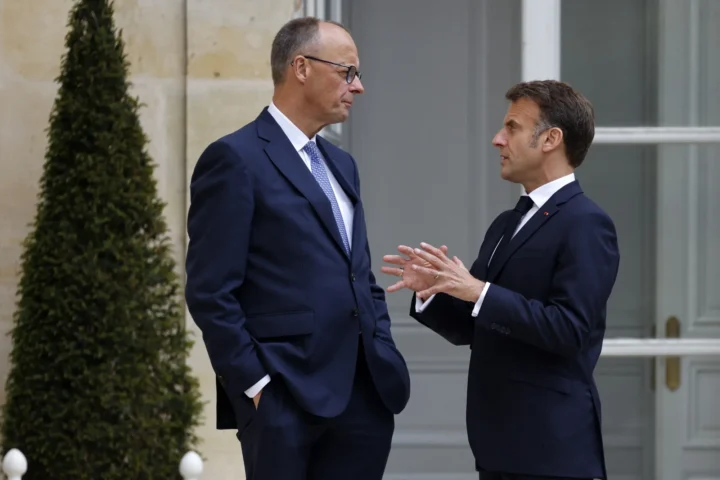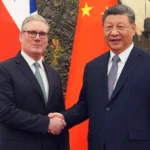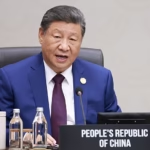After concluding a three-day visit to China, German Chancellor Olaf Scholz returned home with trade high on the agenda. Amid growing tensions, can the EU strike a balance between protecting its interests and fostering cooperation?
During his trip, Scholz engaged in talks with Chinese President Xi Jinping and held discussions with key business figures across China. This visit marked Scholz’s second venture to the Asian powerhouse since assuming office and the first since Germany unveiled its “China strategy.”
Last year, Chinese officials criticized Berlin’s “miscalculated” policy aimed at reducing dependency on Beijing. Despite these tensions, Xi Jinping has consistently emphasized the benefits of amicable relations, given Germany’s significant role as China’s largest trading partner in Europe.
However, the specter of “de-risking” loomed large over discussions during Scholz’s recent visit. With the EU adopting a defensive stance against Chinese imports, concerns over fair competition and market access took center stage.
The European Commission’s anti-subsidy investigation into Chinese electric vehicles and scrutiny of Chinese wind turbine suppliers underscore the EU’s efforts to protect its businesses from unfair practices. Scholz echoed these sentiments, emphasizing the need for fair competition and respect for intellectual property rights.
Against the backdrop of global economic uncertainties exacerbated by events like Russia’s gas supply restrictions to Europe, Germany and China find themselves exploring avenues for closer economic ties. Despite political divergences, both countries stand to gain from a robust trade relationship, particularly in light of their economic slowdowns.
Accompanied by top German corporate leaders, including Mercedes-Benz Chairman Ola Kallenius and BMW CEO Oliver Zipse, Scholz sought to strengthen economic cooperation during his visit. Despite criticisms of protectionist tendencies within the EU, proponents argue that fostering trade relations with China is crucial for Europe’s climate ambitions and economic growth.
While tensions persist, Germany’s push for greater market access for its companies in China signals its intent to prioritize economic interests. Critics, however, warn of potential trade-offs between short-term gains and long-term security in Europe’s approach to China.
